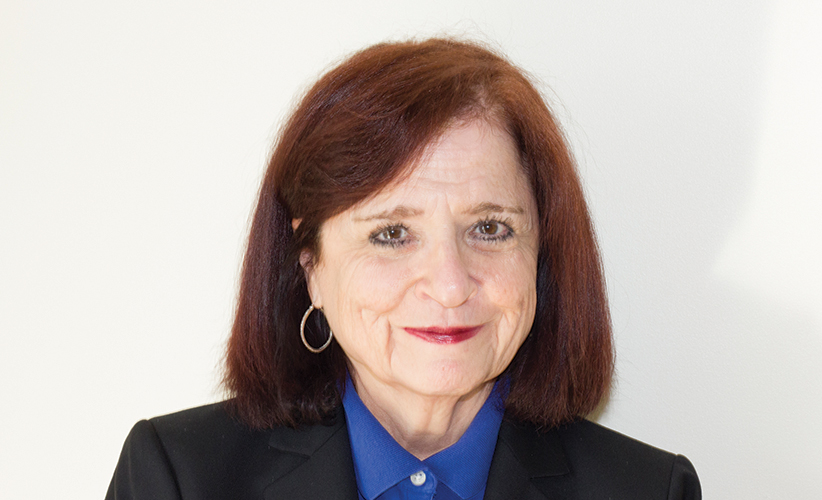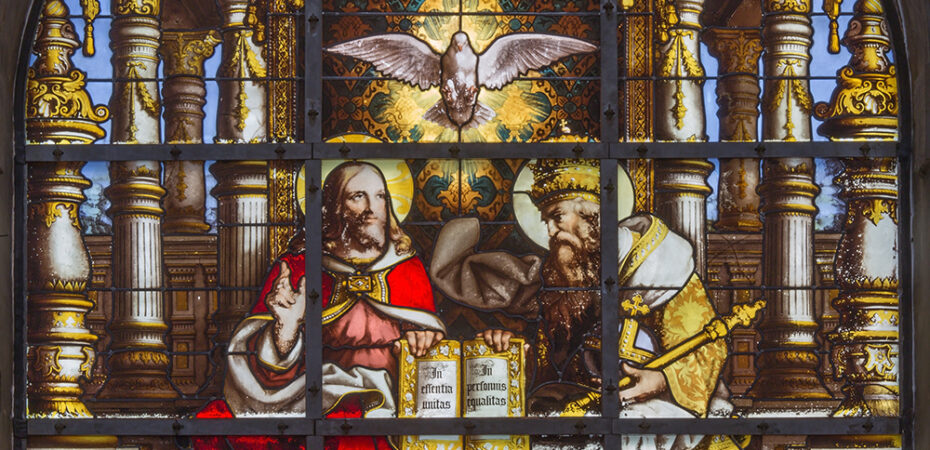‘Theosis’
Understanding our participation in the life of God
Susan Kehoe Comments Off on ‘Theosis’
 Christianity is a love story. A love story between God and humanity. Pope Benedict XVI taught that Christianity is a personal encounter with Jesus Christ. We are called to what the Orthodox call theosis — participation in the life of God. This means that we are called to be in intimate communion with the Holy Trinity.
Christianity is a love story. A love story between God and humanity. Pope Benedict XVI taught that Christianity is a personal encounter with Jesus Christ. We are called to what the Orthodox call theosis — participation in the life of God. This means that we are called to be in intimate communion with the Holy Trinity.
It is important to have head knowledge of God by reading Scripture and learning the teachings of Christ and his Church. It is important to obey God’s laws.
But it is not enough.
Participation in the divine life is the ultimate goal of the Christian. It is a radical invitation to a relationship with Jesus Christ so that he can lead us into the life of the Trinity. It is radical because it requires dying to self so that we can live in Christ. We are called to empty ourselves so that God can fill us, so we can be subsumed by God who is perfect Love.
Obtaining theosis requires three things. First, we need to grow as disciples of Christ. This means striving to follow and obey Christ, who is truth. Second, it requires continual conversion. This means turning away from sin, repenting and turning back to God. Ultimately, theosis requires letting the Holy Spirit transform us into new creations. Each of us is meant to be another Christ.
St. Paul urges us, “Do not conform yourselves to this age but be transformed by the renewal of your mind, that you may discern what is the will of God, what is good and pleasing and perfect” (Rom 12:2).
Transformation is central to the feast of the Transfiguration of the Lord, which we celebrate Aug. 6. The Transfiguration is an unveiling of the truth of Jesus Christ. He reveals himself as the Son of God who is uncreated light. Jesus wanted his disciples to have hope that his crucifixion ultimately leads to resurrection and glory. Pope Benedict wrote that, at the Transfiguration, Peter learned that the “messianic age is first and foremost the age of the Cross … [it] requires us to be burned by the light of the Passion and so transformed.”
Jesus goes up the mountain to show us the way to heaven. Heaven is not just an eternal destination. Theosis is not just lived in the afterlife. It is our goal as children of God — made in the divine image — to be transformed and grafted onto the true vine in the here and now.
It is up to us. God loves us enough to give us freedom. Theosis is hard. It requires sacrifice and detachment from the world. It can’t happen without grace. It can’t happen without surrendering to Christ. Participating in the life of God means allowing God into our hearts, minds and souls.
If we allow God to mold us and perfect our nature, we will become icons of Christ. If we let the light of Christ transform us, we can be light to those we meet. His light will fill us with joy. St. Anastasius taught that, when we possess God in our hearts, we will experience joy and peace.
Yes, theosis is a lofty and seemingly impossible goal. But nothing is impossible with God. Jesus did not leave us orphans. He gave us the sacraments, through which we truly meet and commune with God. The Holy Spirit does not abandon us.
“For here, in our hearts, Christ takes up his abode together with the Father, saying as he enters: Today salvation has come to this house” (St. Anastasius).
SUSAN KEHOE is co-director of RCIA at Christ the King Parish in Des Moines, Iowa, along with her husband, Deacon Larry Kehoe. She writes at adeaconswife.com.





